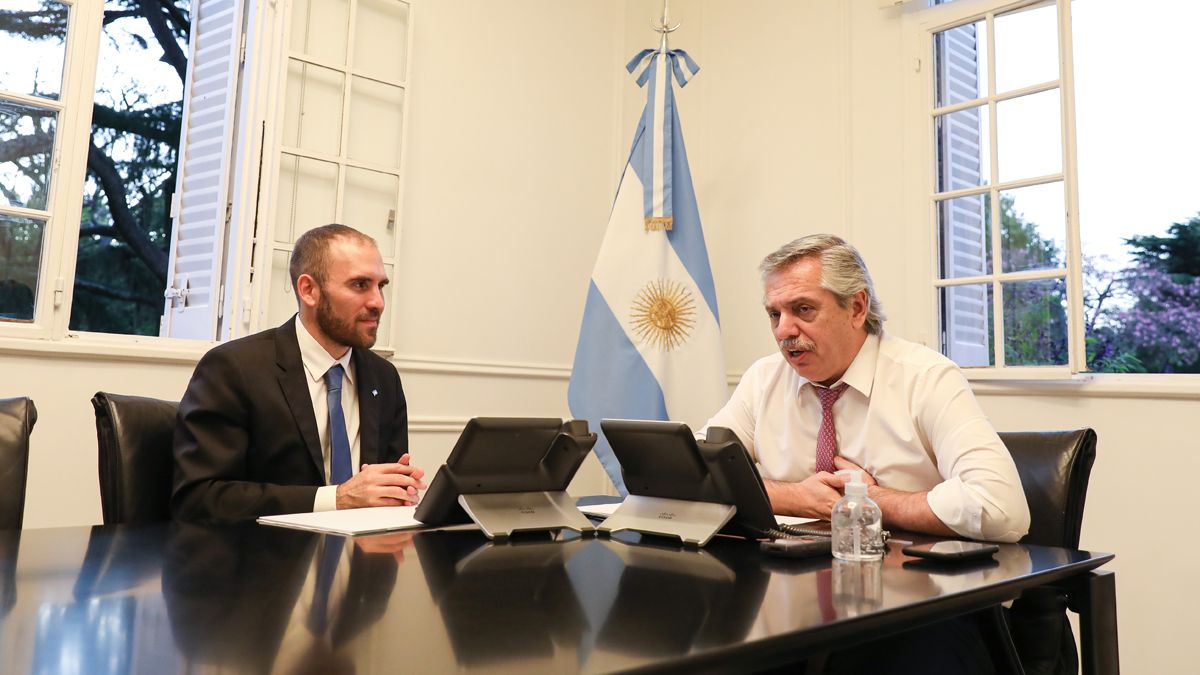Net reserves are at their lowest level since May 2016. The scenario is tightening as the negotiations with the IMF get bogged down and March 22 approaches, the date of the highest commitment. In addition, this month US$68 million must be paid with the Inter-American Development Bank (IDB) and US$17 million with the International Bank for Reconstruction and Development (IBRD), plus other debts for US$45 million.
February will be a little easier with total amounts of US$792 million. US$372 million will correspond to the IMF, US$50 million to the IDB, US$4 million to the IBRD, US$195 million to the Paris Club and US$107 million to “other payments”. The deadline for most economists is March: the maturity will be $3.199 billion.
Currently, the Government is negotiating the bases of an extended facilities agreement with the IMF Staff, headed by the managing director, Kristalina Georgieva. But who will finally decide whether to accept that understanding is the organization’s Executive Board, made up of 24 representatives of member countries, whose number of votes is based on the quota that each contributes. The country with the greatest weight within the organization is the United States, which has 16.5% of the total votes. In our country, the agreement will not be automatic either: it must be endorsed by a law voted by Congress, as provided by Law 27,612, approved in February 2021.
In other words, even if an agreement is signed, a series of steps will have to be followed that could avoid the March payment, but they will not be exempt from uncertainty that generates exchange rate jumps. Although the Central Bank could face the payments of January and February with difficulty, the same could not happen in March.
Some $19.1 billion in principal and interest payments are due in 2022. If a new 10-year program with revision of surcharges is not achieved, the Government will have to pay 19.3 billion dollars in 2023 and 4.9 billion dollars in 2024.
Although it is not considered that Argentina could fall into default if it does not make the payment this Friday, it will be considered as a “delay” and puts the government in an even more complex situation in its negotiating capacity. Next Friday could be historic – or not – in Argentina.
Source From: Ambito
David William is a talented author who has made a name for himself in the world of writing. He is a professional author who writes on a wide range of topics, from general interest to opinion news. David is currently working as a writer at 24 hours worlds where he brings his unique perspective and in-depth research to his articles, making them both informative and engaging.




